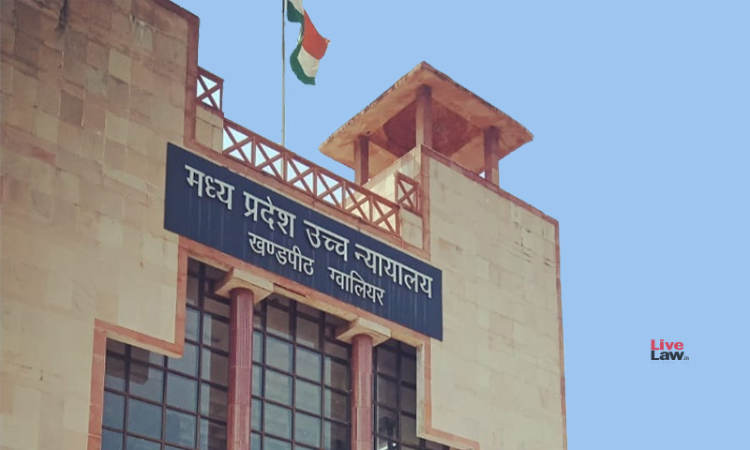Family Of Person Employed In Regular Work-Charged Establishment, Cannot Be Deprived Of Pension Which It Would Be Entitled By Virtue Of Mp Pension Rules, 1979: Madhya Pradesh High Court
Zeeshan Thomas
5 April 2022 6:18 PM IST

Next Story
5 April 2022 6:18 PM IST
